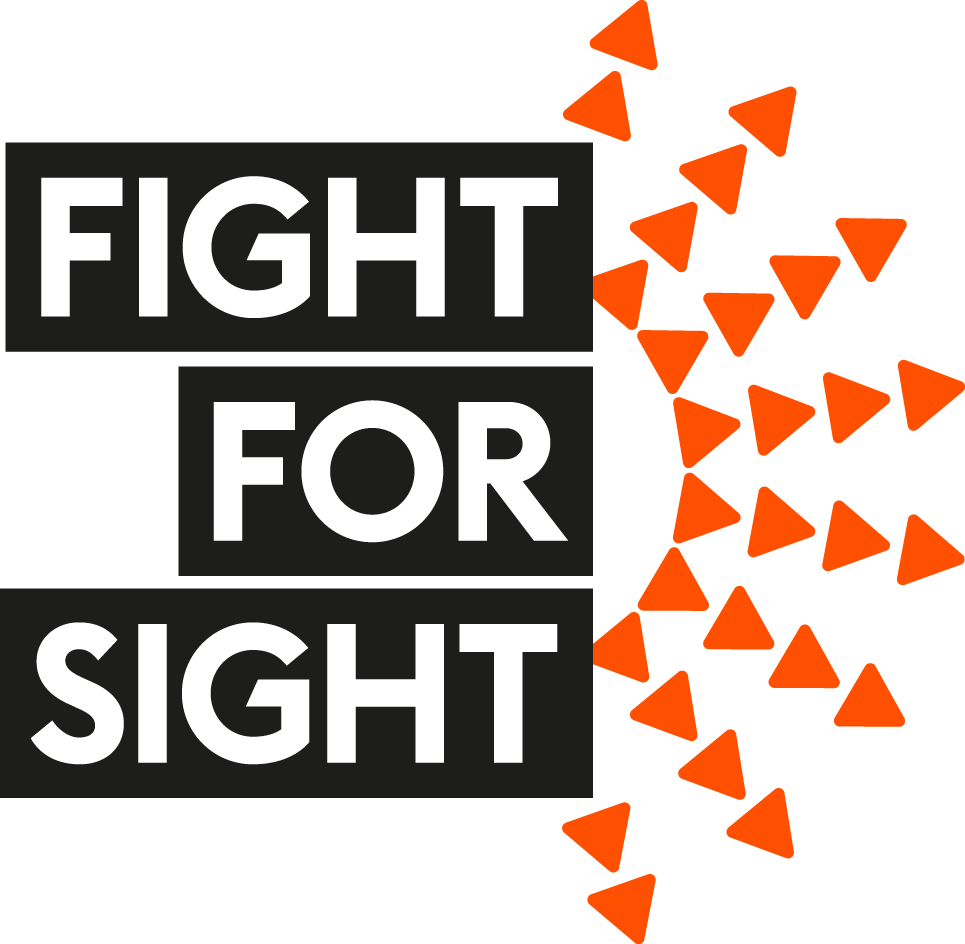How the UK's 100K Genome Project is making a difference to NHS treatment
Rare inherited diseases affect around 6% of the UK population, or roughly 3 million people. Our DNA contains all the instructions for life, encoded by genes making up the human genome.
Until recently, geneticists have only been able to study up to about 2% of the 3 billion letter genome to search for the errors that cause inherited disease. This has meant many highly significant changes have been overlooked,
leading to some people waiting years for an accurate diagnosis, or never getting one at all.
How the 100K Genome Project took shape
In 2012, the UK government launched the 100,000 Genomes project to sequence genomes from around 85,000 NHS patients and their families affected by a rare disease or cancer.
This is the most ambitious study in the world into whole genome sequencing (WGS), involving reading through the entire 3 billion letters in the human genome using cutting-edge technology.
As well as enabling doctors to diagnose people with rare eye conditions much sooner and identify family members who may be at risk, there is the potential to be able to predict how well a person will respond to a treatment and find the one that will work best for them. This exciting development opens the doorway to a new kind of ‘personalised medicine’.
With your support, a UK-wide project is revealing how powerful whole genome sequencing can be in the diagnosis and treatment of rare eye diseases.
Making a difference for the NHS
Thanks to you, in October 2017, Fight for Sight funded researcher Dr Gavin Arno and his team at the UCL Institute of Ophthalmology joined the front line of this vital project, leading the eye disease study in the 100,000 Genomes project pilot study investigating the genetic make-up of more than 4,000 people.
The researchers looked at family trios, aiming to spot rare genetic variants that might explain their conditions. Dr Arno and his team were able to identify new genetic associations with eye diseases and improve diagnosis by 10 to 15%.
The results have played a leading role in making the case for NHS England becoming the first national healthcare system globally to offer WGS in routine tests for rare inherited eye diseases. This revolutionary technology is already being used and will be expanded over time.
Recently, the results of the project were published in an influential article in the New England Journal of Medicine, with Dr Arno one of the 16 lead authors among 186 contributors – a massive collaborative and individual effort.
His involvement in the 100,000 Genomes project will continue and, in addition, Dr Arno will now train sight loss professionals in the NHS to use WGS, improving the lives of countless patients and their families in the future.

